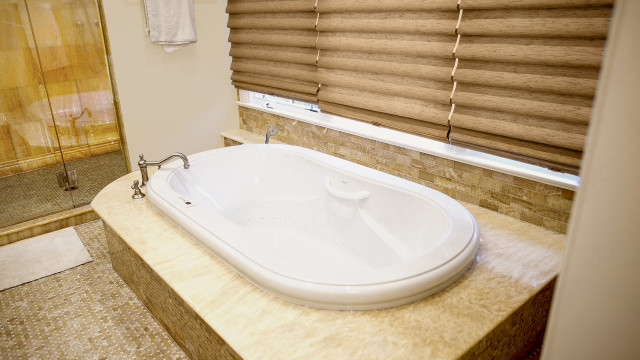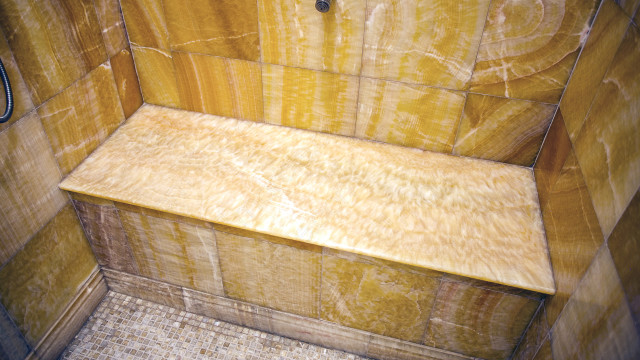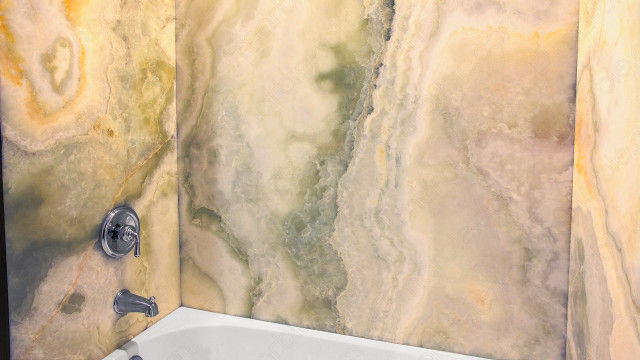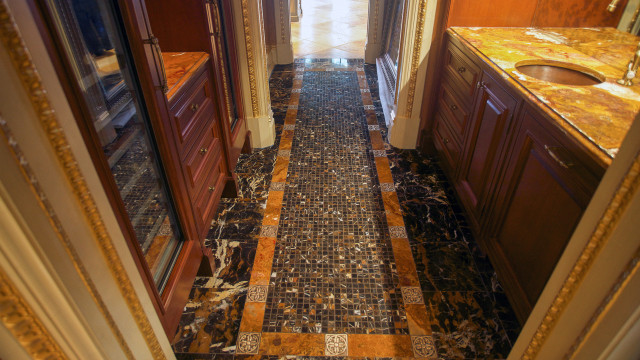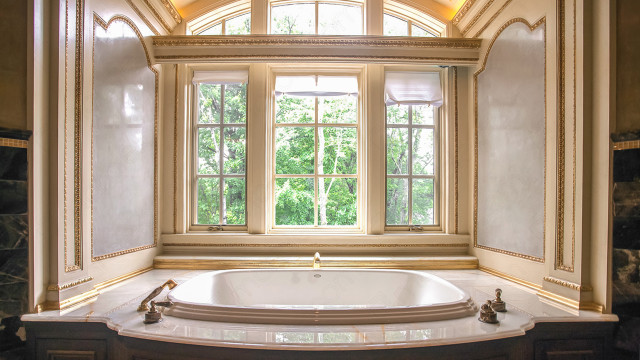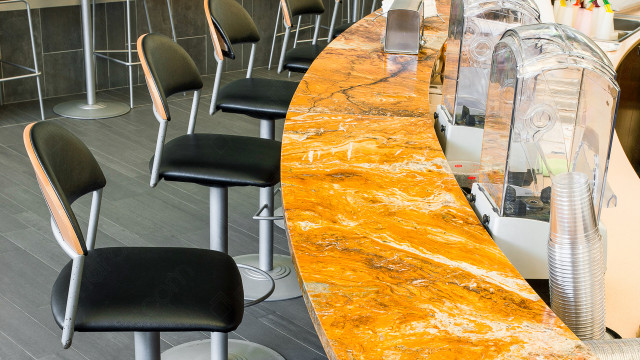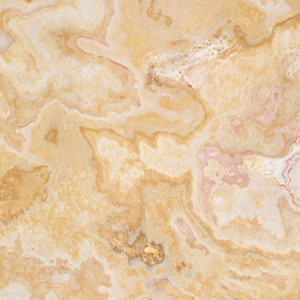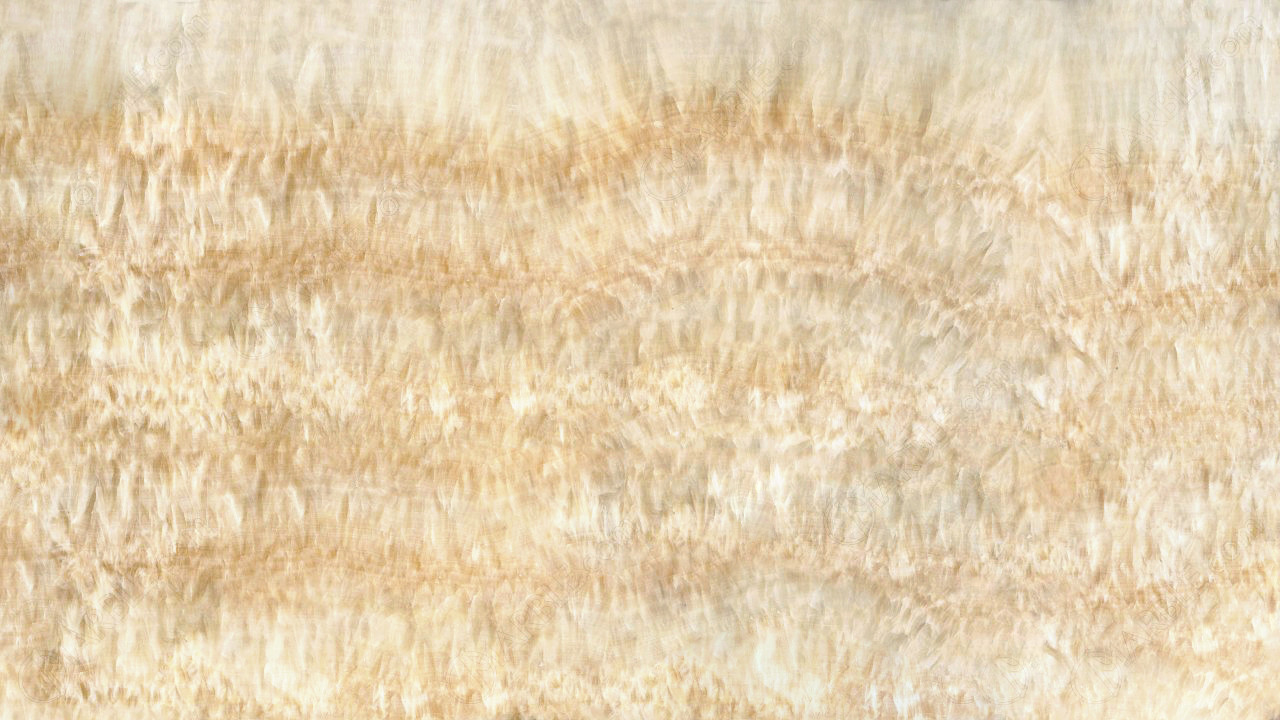
Honey Onyx
Honey onyx is a beautiful beige brown onyx with variable shades, textures and veining. Portions of this stone are semi-translucent, and the material is ideal to be a backlit bathroom vanity. It also looks stylish as a fireplace surround or floor.
The textures and veining of this natural stone are a great example of the beauty the earth is capable of producing. Fortunately, you can incorporate this beauty into your home in the form of a bathroom vanity, fireplace surround, floor or other installation. If you make the effort to properly care for the stone, your Honey onyx can retain its amazing beauty for years to come. If you are looking for a one-of-a-kind natural stone to put the finishing touches on your bathroom, kitchen or other home remodeling project, Honey onyx is one of the finest materials you can select. It is no wonder this eye-catching material is at the top of many homeowners’ wish lists.
Material Type: Onyx
Country of origin: India
Colors: Gold, White
- 1. Where can I use onyx in my home?
- Onyx should be exclusively used for low traffic areas such as bathroom vanity tops, backsplashes, and accent pieces.
- 2. Is onyx translucent?
- Yes, onyx is translucent and can be backlit.
- 3. Can I use onyx for a countertop?
- Although homeowners can use onyx to install their countertop, we encourage homeowners to use onyx for the locations above. Onyx is brittle and will chip and crack easily.
- 4. Should I seal my onyx?
- If you opt for an onyx countertop, you should have the surface sealed once to thrice every year.
- 5. Can my onyx be scratched?
- Yes. It is quite a beautiful natural stone, however, since it is calcium-based, it will not respond well against acid and will etch. Since it’s a softer material, you should expect scratches.
- 1. Do you provide free samples? How many samples can I take?
- At marble.com samples are free, and we encourage our clients to take up to ten samples per visit.
- 2. What materials can I find at your facilities?
- All Marble.com facilities carry slabs of granite, quartz, quartzite, marble, soapstone, slate, limestone, and travertine. Our Ridgefield Park yard has the largest selection, also offering slabs of gemstone, porcelain, and glass.
- 3. Why should I see a slab in person?
- Since every slab of natural stone is completely unique, we recommend visiting one of our facilities to see slab patterns and variations in person.
- 4. Where does your material come from?
- At marble.com we source our stone only from the most reputable quarries from around the globe, including those from Italy, Spain, Brazil, and India.
- 5. Why is some stone more expensive than others?
- Stone slabs that are extremely rare and boast unique colors tend to be more expensive than commonly found stone.
- 6. Do I have to seal natural stone?
- We do recommend sealing natural stone countertops periodically, the frequency of sealing the stone depends on the material.
- 7. What is a honed finish?
- A honed stone finish refers to the smooth, matte surface of the material, which creates a visibly lighter and softer tone. While honed finish might be an ideal design choice for some homeowners, it also makes the stone more susceptible to staining and etching.
- 8. Can a chip on my countertop be repaired?
- Most chips, smaller than a dime in diameter, can be repaired by the homeowner using a chip repair kit. We do recommend professional service care for larger chips.
- 9. Can I install my own countertops?
- We recommend professional installation, completed by our trained technicians for all major projects, however some smaller pieces may be installed by the customers.




 Facebook
Facebook
 Twitter
Twitter
 E-mail
E-mail
 LinkedIn
LinkedIn
 Pinterest
Pinterest
